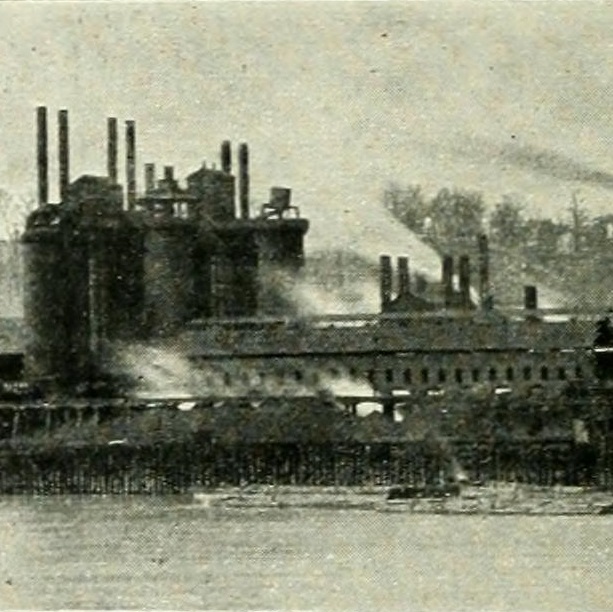
Origins of Modern America, 1860-1900…book review
Popular history: not exactly true…
Book review:
Origins of Modern America, 1860-1900
Allen Weinstein, ed.
Vol. 4 of Random House Readings in American History
New York: Random House, 1970
216 pages
Contains 10 essay-length segments addressing three themes: Civil War and Its
Aftermath, The New Society, and The Approach of Empire
The four decades that started with the American Civil War were a continuing tempest of change in every aspect of American life.
Origins of Modern America, 1860-1900 is a compact collection of 10 essays that will open your eyes to the significant currents and eddies in the great waves of transformation that marked the end of America’s first complete century. A lot of it wasn’t pretty.
Authors like Alfred D. Chandler Jr. and Stephan Thernstrom take a deep look at many iconic elements in the periods of American history that traditionally have been labeled as the Civil War, Reconstruction, and the Gilded Age. These essays were written in the middle of the 20th century, and these historians offer careful looks at many widely-held truisms that are not, in fact, wholly or even substantially true.
For example, Thernstrom examines “Urbanization, Migration, and Social Mobility in Late Nineteenth-Century America.” He gives evidence of several nuances and some inaccuracies in the concept of the development of a beleaguered, largely immigrant working class as industrialization burgeoned in the United States.
A large component of the working class were young American boys and girls who moved east to get off their parents’ failing farms. The political empowerment of the working class was muted and delayed in America (in contrast to the more volatile emergence of socialist activism in Europe) because so many of the blue collar workers were persistently transient—they didn’t stay in one job or place long enough to develop coherent political consciousness and clout.
Thernstrom starkly notes that “Lowell [a factory town] was terrible,” but for many European immigrants and Kansas farm boys the factory job and the tenement life were an improvement in their prospects for a tolerable life.
Organizing for worker’s rights was a tough proposition, and the wealthy factory owners and industry barons used their dominant power to resist it:
“In 1875, the Superintendent of one of Andrew Carnegie’s steel mills summed up his experience this way: ‘We must steer clear as far as we can of Englishmen, who are great sticklers for high wages, small production and strikes. My experience has shown that Germans and Irish, Swedes and what I denominate “Buckwheats”—young American country boys, judiciously mixed, make the most honest and tractable force you can find.’ ” (p. 149)
Indeed, there are many varieties of the American dream, all depending on your point of view.
Origins of Modern America offers good learning in compact, complementary, and compelling essays.
It will almost certainly change your mind about some key elements of American history
that you’ve always known to be true…
* * * * * *
Book review. Copyright © Richard Carl Subber 2024 All rights reserved.
Home Team: Poems About Baseball (book review)
Edwin Romond hits another homer…
click here
–
Seeing far: Selected poems with 47 free verse and haiku poems,
and the rest of my poetry books are for sale on Amazon (paperback and Kindle)
and free in Kindle Unlimited, search Amazon for “Richard Carl Subber”
* * * * * *